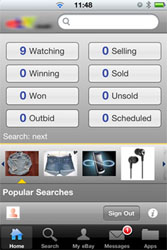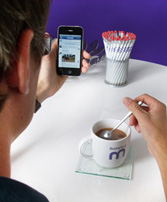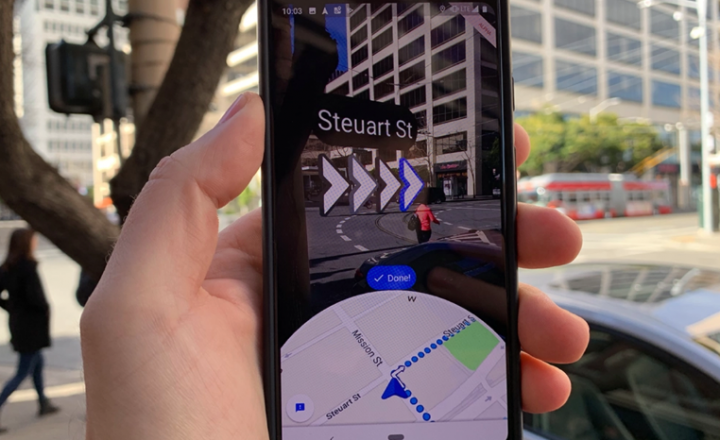Why is it that Apple’s App Store hosts over 200, 000 apps and has served over 3 billion app downloads despite only being launched a mere two years ago? What makes apps so popular and how do you harness that popularity?
Our most recent app testing for a major household name revealed 2 key reasons why apps were preferred to browsing the web: people like apps because they are immediate and focussed.
Apps are immediate
“Apps offer you instant access to what you are after – be it content, a service, whatever. One click and you’re there”
Not only is it that apps are available right from a phone’s home screen but, just as importantly, they don’t require a fast 3G connection in order to provide a pleasingly responsive experience.
“You don’t need to log into an app to get your data”
No need to wait for your laptop to load. No need to go through pages to get into your account and login. Just bring up your home screen, tap the icon, done.
“Apps make better use of otherwise ‘dead’ time”
While the kettle boils you can check what your friends are doing or add things to your shopping list, making use of the idle minutes in our busy lives.
Apps are focussed
“I get less distracted when it’s a single task”
You can get on with the job in hand without getting distracted by other content and features that might vie for your attention on a traditional website.
“Stuff in Safari doesn’t always work so well – it’s hard to accurately hit links…apps tend to avoid these issues”
In other words, our participants were stating an explicit preference for apps that were optimised for the display and input mechanisms of their portable devices.
What does this mean for us?
“I would use my app to access online services such as eBay or Amazon even if my laptop were by my side”
Having a deeper understanding of why apps are proving so popular is really important as we strive to provide users with what they want. Apps are far from frivolous, gimmicky fads – they are enabling busy people, with little spare time, to get things done. More importantly for retailers is that if you can be the retailer that provides the app that allows people to get things done, people will pick you from amongst your competition.

Several of our participants reported that their engagement with retailers and service providers, from whom they had downloaded and installed apps, had increased as a result of having their app. Facebook and eBay were frequent examples of services where usage had increased when users had the appropriate app. But the same effect was seen with high-street retailers, particularly people such as Argos and various supermarket chains, where users can sit at home or walk around town and check prices and stocks at their local stores and go to make purchases when they have found the item they want at the price they like.
Future of apps
Apps are here to stay. With Android pushing development in their Market Place and Microsoft intensifying their efforts to attract developers to their recently relaunched Windows Phone platform it seems clear that the number of apps is going to increase. But, more importantly, I suspect that the expectation of customers that retailers will be providing apps – and apps of quality – will increase also.
Knowing what your customers want to do with those apps and how they want to do it is what will help set yours apart from the other 200,000 out there.






